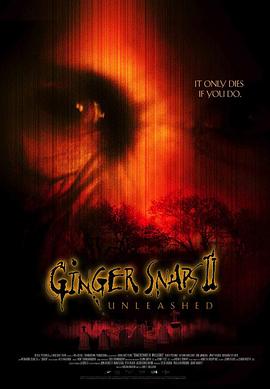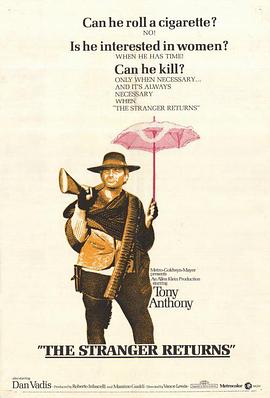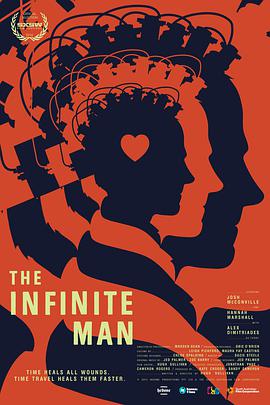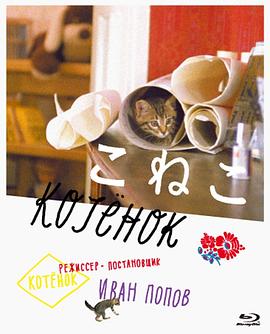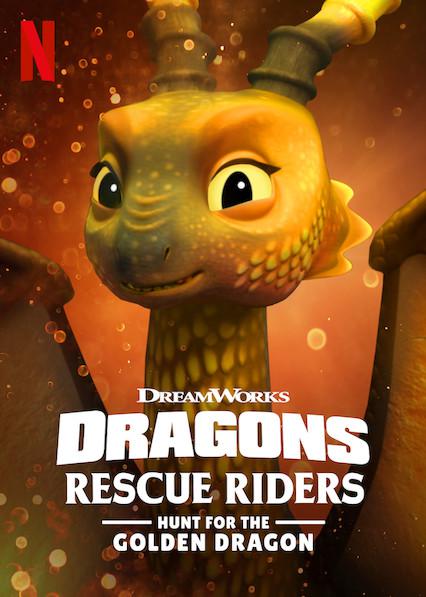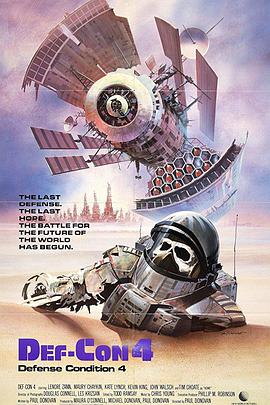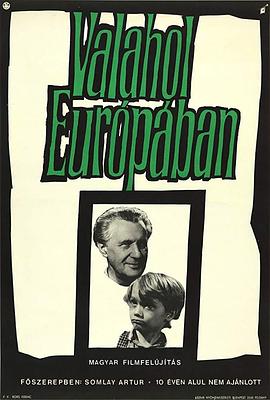-
备注:已完结
类型:恐怖片
主演:Emily Perkins Brendan Fletcher Kath
语言:英语
年代:未知
简介:故事紧接着上一集发展。布里奇特(艾米莉·帕金斯 Emily Perkins 饰)亲眼目睹了姐姐金吉(凯瑟琳·伊莎贝尔 Katharine Isabelle 饰)变身成为狼人所经历的痛苦,心有余悸的她决定绝不步姐姐的后尘,她开始和潜伏在体内的狼人基因展开较量。 为了阻止狼人基因的发展,布里奇特不断的往体内注射着药物,因此被误会是瘾君子,而被迫关进了戒毒所中。在那里,布里奇特失去了药物的来源,随着时间的推移,她的本性蠢蠢欲动。与此同时,金吉从未放弃过对于妹妹的追踪,她的脚步一点一滴的迫近着。不仅如此,在医院之中,亦隐藏着一个巨大的威胁。四面楚歌之中,布里奇特能否顺利脱身?
-
备注:已完结
类型:剧情片
主演:托尼·安东尼 丹尼埃·瓦尔加斯 Marco Guglielmi
语言:其它
年代:未知
简介:Taking the identity of a dead postal inspector found on the trail, a stranger rides into a small western town and finds himself in the middle of a stagecoach robbery perpetrated by a gang of twenty ruthless desperados. Finding out the object of the heist was not a strongbox as it seemed but a solid gold stagecoach, he enlists the aid of a down-and-out old preacher and tracks down the dangerous gang and their unsuspected ally.
-
备注:已完结
类型:泰剧
主演:维塔亚·瓦苏格来帕讪 阿努瓦·宗澈德拉塔纳 纳塔彭·利亚瓦尼 农·查侬
导演:Neung Chajchavan Saswatgloon
语言:泰国语
年代:未知
简介:马莱伊不情愿地嫁给了拥有一栋新房子的朗·维萨恩,却没有意识到他是同性恋。这是爱情悲剧故事的开始。Malaai,isunwillinglysetteduptomarryLuangWisarnwhoownRomNgiewhousewithoutrealizationthathe’sgay.Thisisbeginningoflovetragedystory.
-
备注:已完结
类型:剧情片
主演:Andrei Kuznetsov Lyudmila Arinina A
语言:其它
年代:未知
简介:虎子是一只可爱的小奶猫,一场意外中,虎子从窗台上掉了下去,落在大卡车上。幸运的是,虎子遇见了一只善良的流浪猫,在流浪猫的带领下,虎子来到了前马戏团驯兽员的家,这里,是几十只流浪猫共同的家。 住在驯兽员家中的猫儿们多才多艺,本领十分了得,其中还有一只血统十分高贵的波斯猫。要喂养这么多的猫,已经失业的驯兽员的日子过得十分拮据,可尽管如此,他依然没有放弃猫儿们,他已经将它们视作家人。驯兽员的运气越来越差,日子过得越来越落魄,甚至受伤住进了医院,无人照料的猫儿们自发的来到街上,凭着各自的本领生存了下来。驯兽员回来了,而虎子则意外的和曾经的主人重逢。
-
备注:已完结
类型:科幻片
语言:英语
年代:未知
简介:Two men and a woman circle the globe in a satellite armed with a nuclear device. The third world war breaks out, and a few months later the satellite crashes. They survive the crash but one man gets killed by survivors and the other man gets caught. The woman stays by the remains of the the satellite but is soon caught by evil punks who have taken power.
-
备注:已完结
类型:剧情片
主演:Artúr Somlay Miklós Gábor Zsuzsa Bá
语言:其它
年代:未知
简介:Somewhere in the remote region, the war ends. In the midst of ruined cities and houses in the streets, in rural hamlets, everywhere where people still live, are children who have lost their homes and parents. Abandoned, hungry, and in rags, defenseless and humiliated, they wander through the world. Hunger drives them. Little streams of orphans merge into a river which rushes forward and submerges everything in its path. The children do not know any feeling; they know only the world of their enemies. They fight, steal, struggle for a mouthful of food, and violence is merely a means to get it. A gang led by Cahoun finds a refuge in an abandoned castle and encounters an old composer who has voluntarily retired into solitude from a world of hatred, treason, and crime. How can they find a common ground, how can they become mutual friends The castle becomes their hiding place but possibly it will also be their first home which they may organize and must defend. But even for this, the price will be very high. To this simple story, the journalist, writer, poet, scriptwriter, movie director, and film theoretician Béla Balázs applied many years of experience. He and the director Géza Radványi created a work which opened a new postwar chapter in Hungarian film. Surprisingly, this film has not lost any of its impact over the years, especially on a profound philosophical level. That is to say, it is not merely a movie about war; it is not important in what location and in what period of time it takes place. It is a story outside of time about the joyless fate of children who pay dearly for the cruel war games of adults. At the time it was premiered, the movie was enthusiastically received by the critics. The main roles were taken by streetwise boys of a children's group who created their roles improvisationally in close contact with a few professional actors, and in the children's acting their own fresh experience of war's turmoil appears to be reflected. At the same time, their performance fits admirably into the mosaic of a very complex movie language. Balázs's influence revealed itself, above all, in the introductory sequences an air raid on an amusement park, seen in a montage of dramatic situations evoking the last spasms of war, where, undoubtedly, we discern the influence of classical Soviet cinematography. Shooting, the boy's escape, the locomotive's wheels, the shadows of soldiers with submachine guns, the sound of a whistle—the images are linked together in abrupt sequences in which varying shots and expressive sharp sounds are emphasized. A perfectly planned screenplay avoided all elements of sentimentality, time-worn stereotypes of wronged children, romanticism and cheap simplification. The authors succeeded in bridging the perilous dramatic abyss of the metamorphosis of a children's community. Their telling of the story (the scene of pillaging, the assault on the castle, etc) independently introduced some neorealist elements which, at that time, were being propagated in Italy by De Sica, Rossellini, and other film artists. The rebukes of contemporary critics, who called attention to formalism for its own sake have been forgotten. The masterly art of cameraman Barnabás Hegyi gives vitality to the poetic images. His angle shots of the children, his composition of scenes in the castle interior, are a living document of the times, and underline the atmosphere and the characters of the protagonists. The success of the picture was also enhanced by the musical art of composer Dénes Buday who, in tense situations, inserted the theme of the Marseilaise into the movie's structure, as a motive of community unification, as an expression of friendship and the possibility of understanding. Valahol Europaban is the first significant postwar Hungarian film. It originated in a relaxed atmosphere, replete with joy and euphoria, and it includes these elements in order to demonstrate the strength of humanism, tolerance, and friendship. It represents a general condemnation of war anywhere in the world, in any form.

